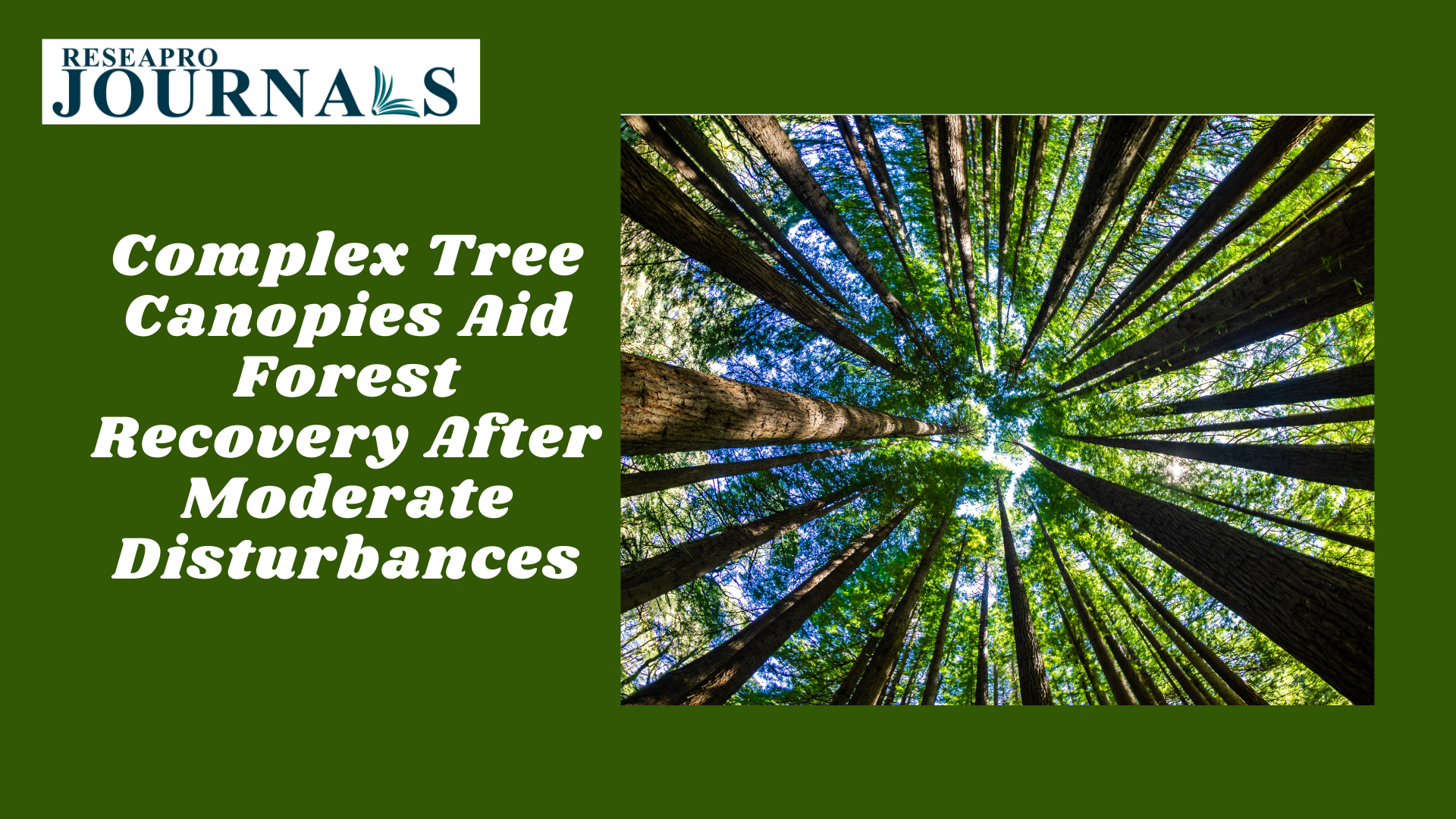
While extreme events like wildfires capture attention, moderate-severity disturbances, such as small fires or pest outbreaks, remain less understood. A study unveils the crucial role of complex tree canopies in aiding forest recovery after these disturbances. Unlike extreme events, moderate disturbances allow for canopy retention, offering resilience. The research highlights the importance of acknowledging and protecting these forest responses, crucial for maintaining biodiversity and ecosystem stability. Recognizing the nuances of disturbances helps formulate effective conservation strategies, promoting sustainable coexistence between forests and the challenges posed by a changing environment.

